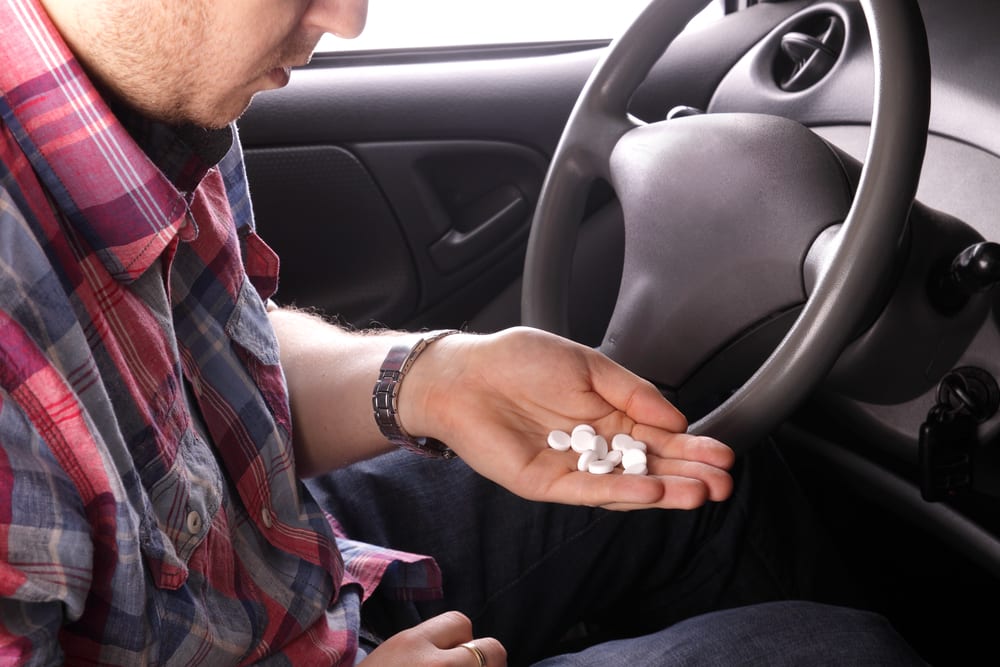

Do you have high blood pressure? If so, you may have had antihypertensive medication prescribed to you by your doctor. As is the case with many medications, there can be side effects, some of which may affect your ability to drive safely. Some side effects are not all that dangerous, and may even go away after a short period of time, but if you are concerned about your ability to be safe on the road, you should talk with your doctor, and also consider the following facts about potential side effects:
Any medication can deliver side effects, and it is no different with blood pressure meds. Most people will not experience side effects, but if they do, it will usually be once they have started a new medication, or if their existing medication dose has been increased.
Experiencing side effects from one medication does not necessarily mean that you will have side effects from another. Often, your doctor can adjust your dose or recommend another medication that will present no difficulties whatsoever.
Blood pressure medications can react with other medications, so make sure that your doctor knows about everything you are taking, even over-the-counter cold medicine or pain relievers, or herbal products.
If you suspect a side effect, consult your physician to to determine a course of action
Common side effects from blood pressure medication can include dizziness, fainting, headaches, confusion, and light-headedness. Needless to say, if you are experiencing any of these side effects, you should avoid driving, and you should also see your doctor immediately.
Does taking antihypertensives mean that you automatically have to give up driving? No. It simply means that, as is the case with all medications that can have possible side effects, you need to be careful. Antihypertensives can deliver side effects that could make driving problematic, or you could end up taking them with no side effects whatsoever. Just be alert to any problems that you might incur while driving, or, for that matter, doing anything else. If you perceive a problem, see your doctor. Your medication may need to be adjusted. In very rare instances, your doctor may advise you not to drive, but it is best to know, not just for your own safety, but for those who share the road with you.



